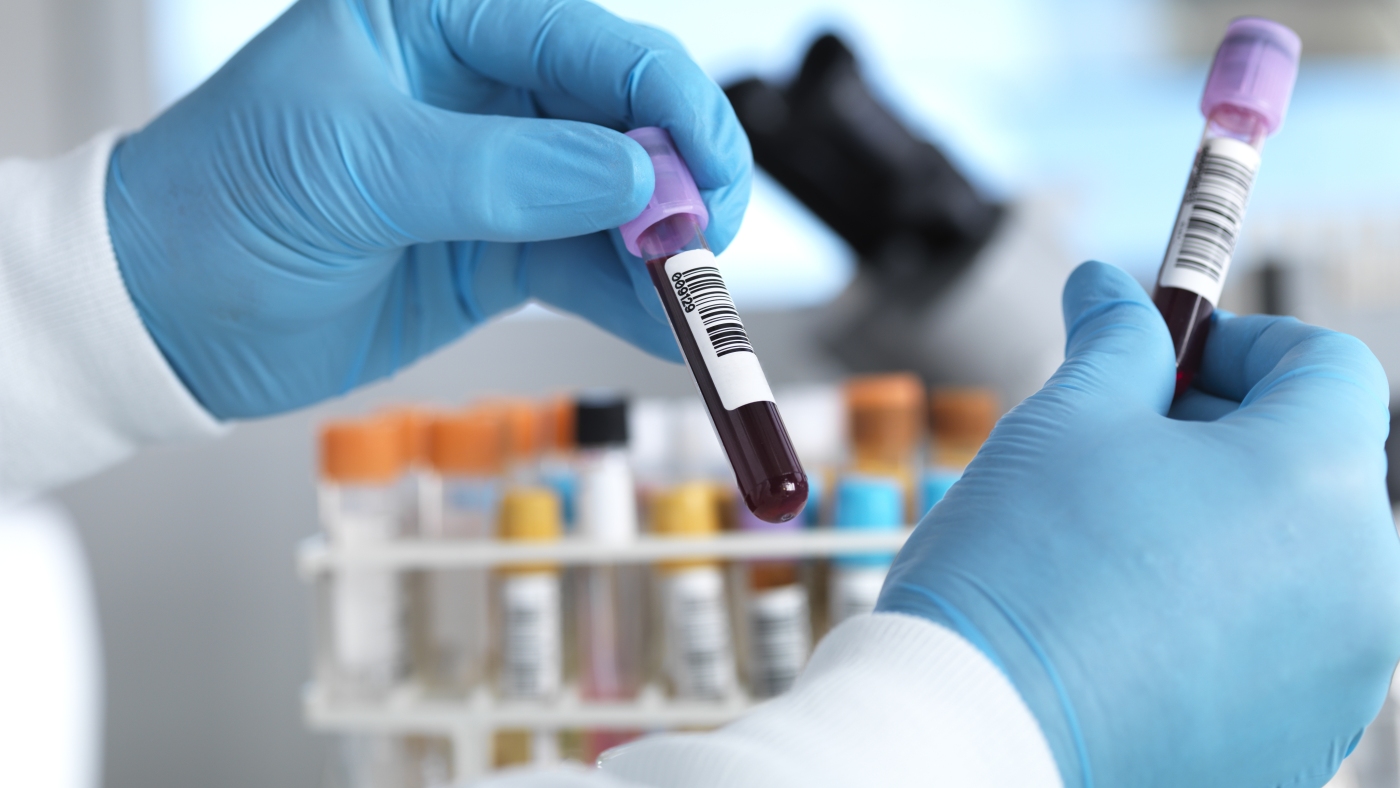The Rising Demand for Early Alzheimer’s Detection Among Older Americans
A Shift in Attitudes Toward Proactive Health Awareness
Medical progress has reshaped how we approach disease prevention, and nowhere is this more evident than in the growing urgency surrounding Alzheimer’s disease. A recent survey of 1,700 Americans aged 45+ revealed a striking statistic: 79% would want to know if they were in Alzheimer’s early stages. This overwhelming majority signals a cultural shift—one where knowledge is prioritized over uncertainty, even when facing a life-altering diagnosis.
But why this strong preference for early awareness? And what does it mean for individuals, families, and the healthcare system? This report explores the motivations behind this trend, the benefits and challenges of early detection, and the broader implications for society.
—
Why Early Detection Matters
Empowering Personal and Financial Planning
One of the most compelling reasons for early diagnosis is the ability to take control of the future. Alzheimer’s is a progressive disease, and knowing one’s status allows for critical decisions:
– Legal and financial preparations (wills, power of attorney, long-term care planning)
– Lifestyle adjustments (retirement plans, housing choices, family discussions)
– Access to clinical trials (opportunities to participate in cutting-edge treatments)
Without early detection, many individuals lose the chance to make these choices while still cognitively capable.
Medical Benefits: Slowing Progression & Improving Care
While there is no cure for Alzheimer’s, early intervention can delay symptom progression. Current medications and therapies work best when administered early, helping patients maintain independence longer. Additionally, early diagnosis allows for:
– Personalized treatment plans (cognitive therapies, dietary adjustments, exercise regimens)
– Better management of coexisting conditions (depression, cardiovascular health)
– More time for families to adapt (caregiver training, support networks)
—
The Emotional Toll: Knowledge vs. Fear
The Psychological Impact of an Early Diagnosis
Despite the advantages, receiving an Alzheimer’s diagnosis is emotionally devastating. Many patients report feelings of grief, anxiety, and even isolation. However, the survey suggests that the fear of the unknown may be worse—living with unexplained memory lapses or cognitive decline can be more distressing than confronting a clear diagnosis.
The Role of Support Systems
Strong emotional and psychological support is crucial. Families, therapists, and Alzheimer’s support groups help individuals:
– Process the diagnosis without feeling alone
– Develop coping strategies for daily challenges
– Maintain mental well-being through structured routines
Healthcare providers must also be trained in delivering diagnoses with empathy, ensuring patients leave with a plan—not just a prognosis.
—
Challenges for the Healthcare System
Meeting the Growing Demand for Diagnostics
If 79% of older Americans seek early detection, healthcare infrastructure must adapt. Key challenges include:
– Shortages of specialists (neurologists, geriatric psychiatrists)
– Cost and accessibility of diagnostic tools (PET scans, spinal fluid tests)
– Long wait times for assessments
Telemedicine and AI-assisted diagnostics could help bridge gaps, but policy changes are needed to expand access.
The Need for Better Post-Diagnosis Care
Early detection is only valuable if followed by comprehensive care plans. Currently, many patients face:
– Lack of clear next steps after diagnosis
– Insufficient mental health resources
– Financial barriers to long-term care
Healthcare systems must integrate social workers, counselors, and community programs to support patients holistically.
—
The Future of Alzheimer’s Detection & Care
Breakthroughs in Early Diagnostic Tools
Emerging technologies are revolutionizing detection:
– Blood tests (identifying amyloid and tau proteins)
– AI-driven cognitive assessments (predicting decline through speech patterns)
– Wearable tech (tracking sleep, movement, and memory changes)
These innovations could make early screening faster, cheaper, and more accurate.
Policy and Public Health Initiatives
To keep pace with demand, policymakers should:
– Increase funding for Alzheimer’s research and care programs
– Expand Medicare/Medicaid coverage for early diagnostics
– Launch public awareness campaigns to reduce stigma
—
Conclusion: Knowledge as Power
A New Era of Proactive Aging
The survey’s findings reflect a profound truth: people want agency over their health, even when the news is difficult. Early Alzheimer’s detection offers a chance to plan, adapt, and fight back—but only if healthcare systems, families, and policymakers rise to the challenge.
The road ahead requires better diagnostics, stronger support networks, and a societal commitment to dignified aging. By embracing early detection, we can transform Alzheimer’s from a silent thief of memory into a condition where knowledge, preparation, and hope lead the way.











